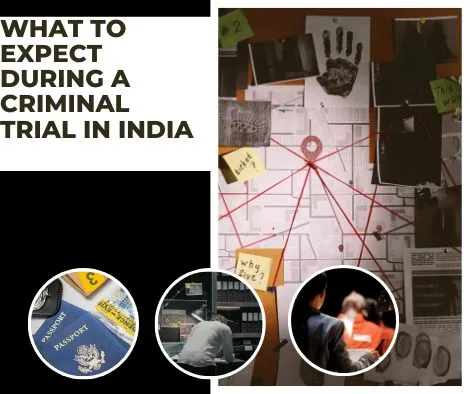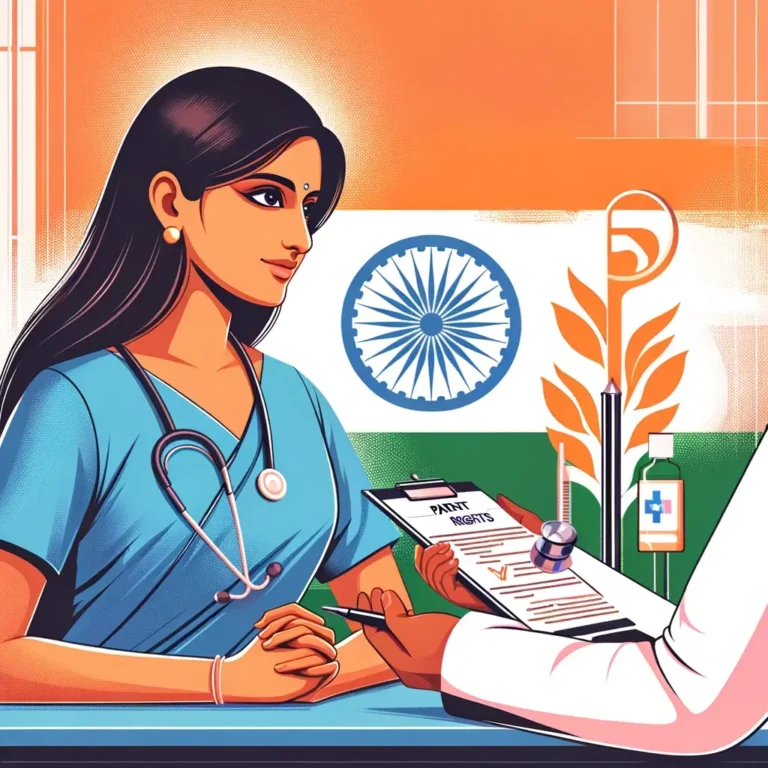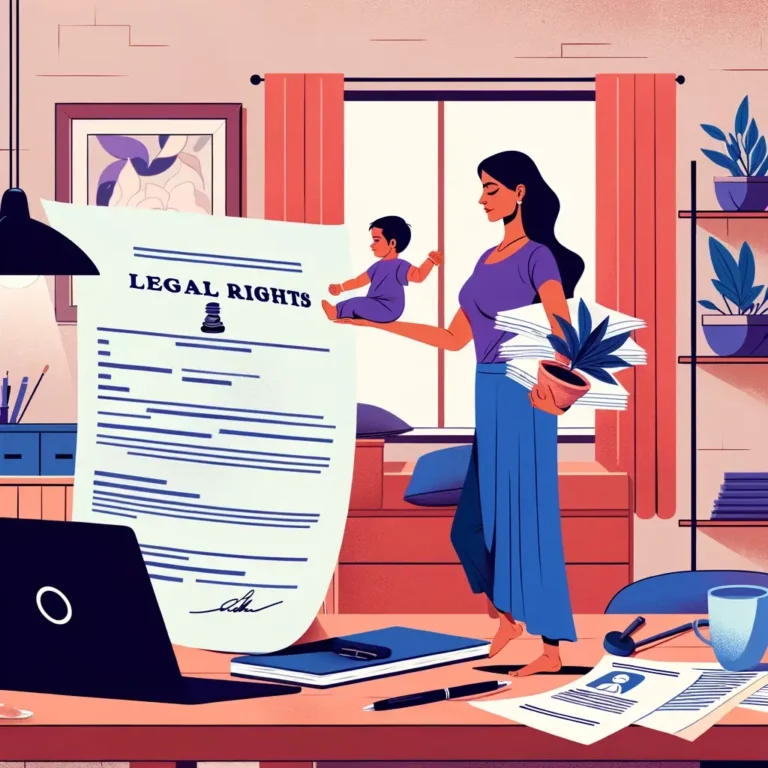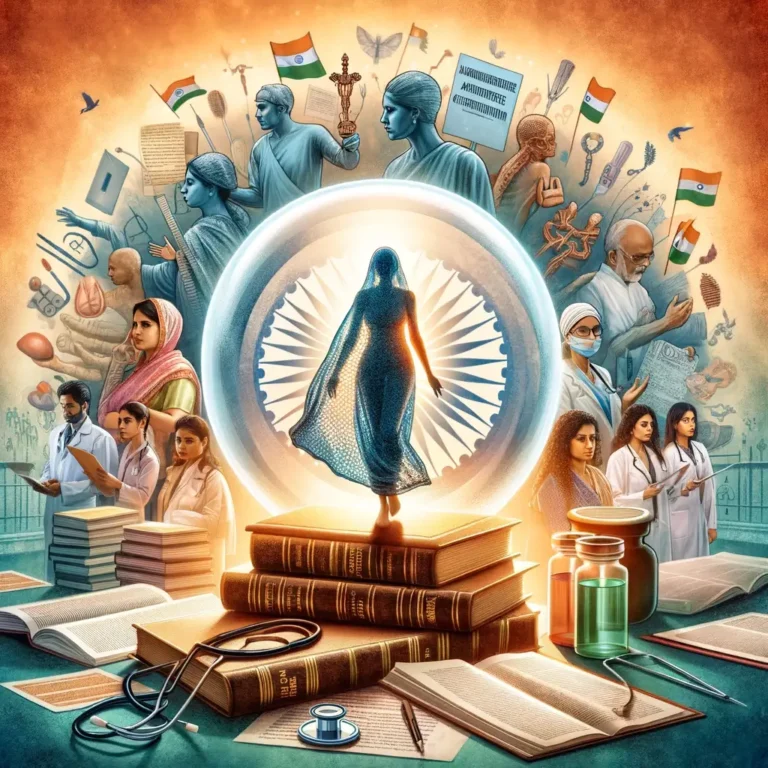In this article we have explained What to Do After a Car Accident. Here it is explained
What to Do After a Car Accident
Experiencing a car accident can be a stressful and disorienting experience. It’s essential to know the right steps to take immediately after an accident not only for your safety but also to ensure a smooth process for any insurance or legal matters that may follow. This article will guide you through the critical actions to take following a car accident.
Immediate Steps Following a Car Accident
Ensuring Safety
Check for Injuries
The first and most important step is to check for injuries. Ensure that you and your passengers are safe and unharmed. If anyone is injured, call emergency services immediately.
Move to a Safe Location
If the accident is minor and the car is drivable, move it to the side of the road to avoid blocking traffic and to ensure safety. Turn on your hazard lights to alert other drivers.
Exchange Information and Document the Accident
Exchange Contact and Insurance Information
Exchange names, contact details, insurance information, and vehicle details with the other driver. Avoid discussing fault or liability at the scene.
Document the Scene
Take photos of the accident scene, including damage to all vehicles involved, license plates, and any relevant road conditions or traffic signs. This will be crucial for insurance claims.
Post-Accident Procedures
Notify Relevant Parties
Contact Your Insurance Company
Report the accident to your insurance company as soon as possible. Provide them with all the collected information and cooperate fully.
File a Police Report if Necessary
In certain jurisdictions or if there are significant damages or injuries, you may need to file a police report. This document can be vital for insurance claims.
Legal Considerations
Understand Your Rights
It’s important to understand your rights following an accident. You may want to consult with a legal professional, especially if there are disputes about liability or compensation.
Dealing with Insurance Companies
Be cautious when dealing with insurance adjusters. They may try to settle the claim quickly and for less than you might be entitled to. Consider seeking legal advice before accepting any settlement offers.
Taking Care of Yourself After an Accident
Physical and Emotional Health
Seek Medical Attention
Even if you feel fine, some injuries, like whiplash, may not be immediately apparent. It’s advisable to get a medical check-up after an accident.
Address Emotional Impact
A car accident can be a traumatic experience. Pay attention to your emotional and mental health. If needed, seek support from professionals or support groups.
Conclusion
Recap of Key Steps
Summary of Actions to Take
In summary, after a car accident, ensure safety first, exchange information, document the scene, notify your insurance, and understand your legal rights. Take care of your physical and emotional health in the aftermath.
FAQ: What to Do After a Car Accident
- What should I do immediately after a car accident?
- Check for injuries, move to a safe location if possible, turn on hazard lights, and call emergency services if necessary.
- Is it necessary to call the police for every car accident?
- It depends on the severity of the accident and local laws. For major accidents or injuries, it’s usually required.
- How do I exchange information with the other driver?
- Exchange names, contact details, vehicle details, and insurance information. Avoid discussing fault.
- Should I take photos at the accident scene?
- Yes, take photos of the vehicles, license plates, damage, and any relevant road signs or conditions.
- What if the other driver doesn’t have insurance?
- Still exchange contact information and report the incident to your insurance company and the police.
- Can I move my car after an accident?
- If the car is drivable and it’s safe, move it to the side of the road. If not, leave it and move to safety.
- Do I need to notify my insurance company after an accident?
- Yes, inform your insurance company as soon as possible.
- What should I not do after a car accident?
- Don’t admit fault, don’t leave the scene without exchanging information, and don’t agree to settle without consulting insurance.
- How do I know if I need to file a police report?
- Check local laws, but generally for significant damage, injuries, or disputes, a police report is advisable.
- What if I feel fine, do I still need a medical check-up?
- Yes, some injuries are not immediately apparent, so it’s wise to get checked.
- Should I accept a quick settlement from an insurance company?
- Be cautious and consider consulting a lawyer before accepting any settlement offers.
- What if I’m at fault in the accident?
- Report the accident to your insurance company, and they will handle the claims process.
- Can I make an insurance claim if I’m not at fault?
- Yes, you can file a claim with the at-fault driver’s insurance company.
- What if the other driver leaves the scene?
- Try to note their vehicle details and report the incident to the police and your insurance company.
- How long do I have to report an accident to my insurance?
- It varies, but it’s best to report as soon as possible, typically within 24-48 hours.
- What if I disagree with the insurance company’s damage assessment?
- You can dispute the assessment by providing additional evidence or getting an independent appraisal.
- Is it necessary to hire a lawyer after a car accident?
- It depends on the complexity of the case, especially if there are disputes about fault or significant injuries.
- How can I handle the stress after an accident?
- Consider talking to a professional counselor and seek support from family and friends.
- What should I do if my car is totaled?
- Contact your insurance company to understand the process for a total loss claim.
- Can I claim for personal items damaged in the accident?
- Yes, most insurance policies cover personal property damaged in an accident.
- How do I get a copy of the police report?
- Contact the local police department that responded to the accident to request a copy.
- What should I do if there are witnesses?
- Get their contact information as they can provide statements if needed.
- How long does it take to settle a car accident claim?
- It varies depending on the complexity of the accident and the claims process.
- What if I’m not satisfied with my insurance company’s handling of the claim?
- You can file a complaint with your state’s insurance commissioner’s office.
- Can I drive my car after an accident if it has minor damage?
- If the car is safe to drive and meets legal requirements, you can. Otherwise, have it towed.
- What if I’m in a rental car?
- Report the accident to the rental company and your insurance, and follow their instructions.
- How do I deal with emotional trauma after an accident?
- Seek professional help if you’re experiencing anxiety, stress, or other emotional issues.
- Can a passenger in my car file a claim if they’re injured?
- Yes, passengers can file a claim against the driver’s insurance or the at-fault driver’s insurance.
- What are common mistakes to avoid after an accident?
- Not documenting the scene, admitting fault, not reporting the accident, and not seeking medical attention.
- How can I prevent car accidents in the future?
- Follow traffic laws, stay alert, avoid distractions, and maintain your vehicle regularly.
















